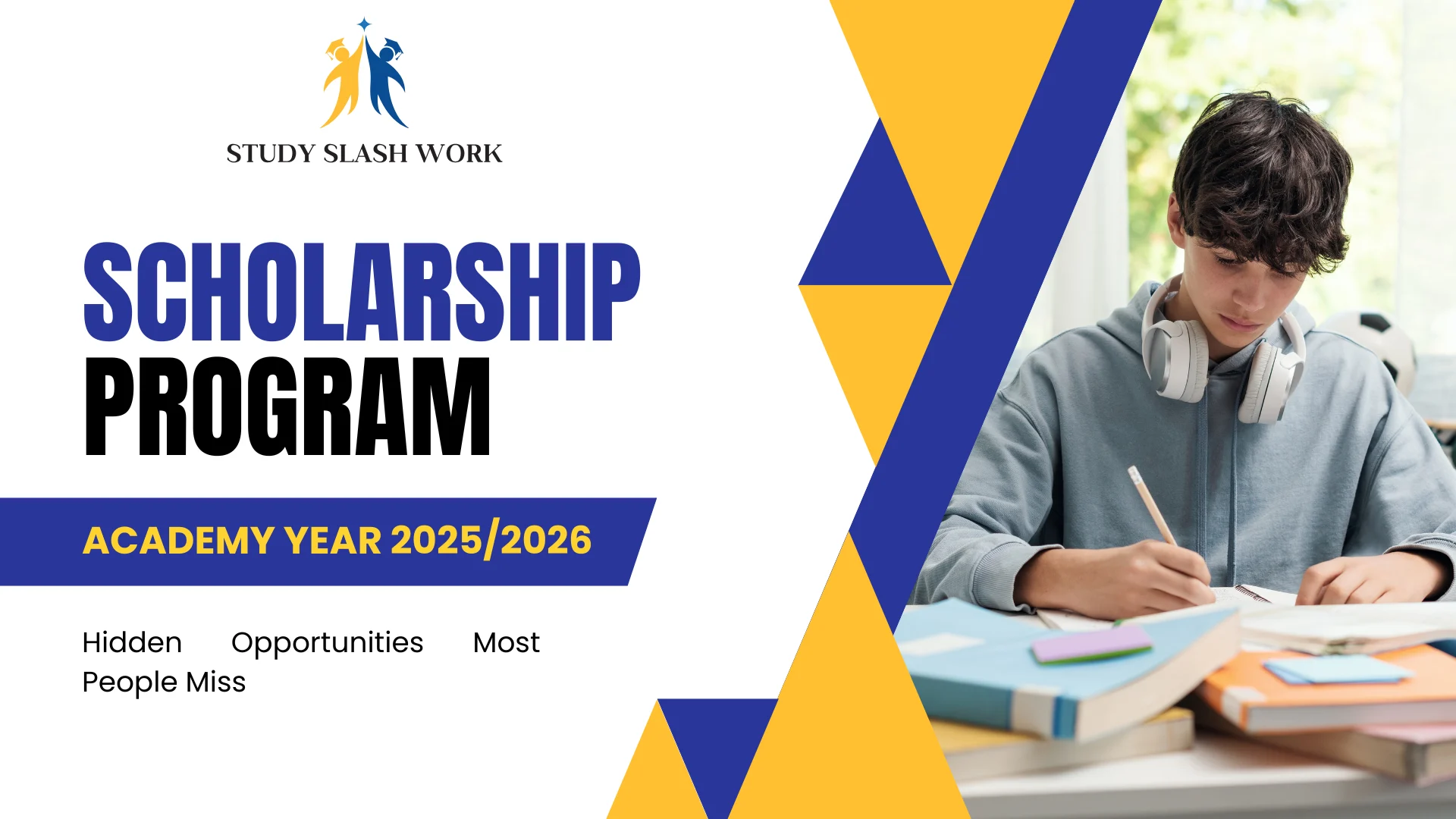Switzerland Student Visa Success Rate– Switzerland is a fantastic place to study! It has excellent universities, exciting research opportunities, and many different courses. The country is known for its rich culture and top-notch education. Switzerland is the place to be if you want a great learning experience in a welcoming and lively atmosphere!
How to get student visa for turkey
The success rate for student visa applications in Switzerland is an impressive 97%.
- Belgium Student visa success rate
- Norway Student Visa Success Rate
- Germany Student Visa Success Rate
Renowned universities such as ETH Zurich, EPFL, University of Zurich, and the University of Geneva attract a significant number of international students pursuing advanced degrees in Switzerland. The country, renowned for its outstanding research opportunities and Ph.D. programs, requires international students to obtain a study visa for enrollment, providing them with the opportunity to explore part-time job opportunities.
Furthermore, as part of the Schengen area, Switzerland grants entry privileges through a Schengen visa. The State Secretariat for Migration (SEM) actively oversees and manages Switzerland’s visa and immigration procedures.
This article thoroughly explores the success rate, prerequisites, and detailed aspects of applying for a student visa in Switzerland. Ready to go Best Universities In Switzerland for International Students.
Types of Visas
-
C Visa: Short-Term Stay in Switzerland
C visa is designed for short-term stays in Switzerland, allowing individuals to reside there for up to three months. It is an ideal choice for those participating in activities such as summer schools, seminars, and language courses.
-
D Visa: Long-Term Stay in Switzerland
The D Visa is for people who want to stay in Switzerland for a longer time, especially international students who plan to study, work, or live there.
After receiving the acceptance letter from your university, take the first step by scheduling an appointment with the Swiss embassy or consulate in your area. Ensure you set the appointment well in advance, ideally six months before your intended start of studies, as these procedures require time. The processing time for short-stay visas is approximately 10 to 15 days, while long-stay visas may take eight to ten weeks. Your documents must be in French, German, or English; if you still need to obtain certified translations of those documents, you’ll need to obtain certified translations.
Swiss Student Visa: EU/EEA/EFTA and Non-EU/EEA/EFTA Nationals
-
Swiss Student Visa for EU/EEA/EFTA Nationals
If you are a European citizen, living and studying in Switzerland is visa-free. All you need to do is register with the local authorities in your city and obtain your residence permit within 14 days of arrival. To demonstrate the purpose of your stay, provide your university acceptance letter and health insurance coverage for the duration of your studies. While you’re eligible to work, it’s limited to 15 hours per week. If you secure a full-time job, you must obtain a work permit.
-
Swiss Student Visa for Non-EU/EEA/EFTA Nationals
Non-European citizens need to obtain a Swiss student visa for entry and stay during their studies in Switzerland. Schedule an appointment with the nearest Swiss Embassy or Consulate in your home country before starting your studies. Ensure you prepare the necessary documents:
- Bring a valid passport or identification card.
- Complete and sign the residence permit application form.
- Provide a certificate or letter of acceptance from a Swiss university.
- Document sufficient funds through bank statements.
- Show proof of payment of university fees, if applicable.
- Submit your Curriculum Vitae (CV).
- Write a statement confirming your intention to leave Switzerland upon completing your studies.
Switzerland student visa Requirements
For the acquisition of a Swiss student visa, you will need to have the following documents:
- Three long-stay visa (D Visa) application forms were filled and signed.
- Four passport-size photographs.
- A valid passport.
- Letter of acceptance from a Swiss University.
- Proof of payment of the registration and tuition fees, either original or copy.
- Proof of sufficient funds for your studies in Switzerland through bank statements.
- Scholarship/Loan proof, if applicable.
- Curriculum Vitae.
- Letter of motivation.
- A written statement that you will leave Switzerland upon completion of your studies.
Language Requirements
You are not obligated to present language proof for a Swiss visa, but the universities you apply to will demand proof of language proficiency for international students in Switzerland. Typically, the language proficiency evidence required by the universities suffices for the Swiss embassy.
Well-known English language tests like TOEFL iBT, IELTS Academic, and PTE Academic are commonly accepted by Swiss universities.
In some instances, the embassy may choose to assess your language skills, which could involve a brief interview or written and oral tests. Subsequently, the Swiss representation forwards your entry application, accompanied by your documents and language proficiency assessments, to the Canton Migration Authorities for approval.
Switzerland student visa age limit
There isn’t a specific age limit for applying for a student visa in Switzerland. However, age requirements can vary based on the educational institution and program.
Under the current Swiss visa rules, you can commence working after residing in Switzerland for six months. Many international students actively pursue part-time employment and internships across various industries in Geneva, Basel, and Zurich. This allows them to offset tuition and living expenses while gaining valuable work experience. During the academic semester, you can work up to 15 hours a week, and full-time employment is allowed during vacations.
Here You will Some great Articles about Scholarships Guide
How to increase chances of getting scholarships
How to apply for scholarships as a graduate student
How to get letters of recommendation for scholarships
How to Respond Scholarship Interview Questions
Living in Switzerland not only provides the opportunity to study and conduct research at world-class institutes but also allows you to experience a tranquil and focused urban environment. Additionally, the proximity of captivating sights like the scenic Swiss Alps and neighboring tourist-favorite countries such as Germany and Italy make for convenient and enriching experiences, just a short drive away from your Swiss.
How do I get a residence permit in Switzerland?
What if your visa application is rejected?
If authorities reject your Swiss student visa application, reapplying is the best course of action. Make sure the information is accurate, and all documents are complete. Be cautious during the application, as the paid fee is non-refundable. Additionally, do not submit original documents, as they won’t be returned.
Conclusion
In conclusion, although individual outcomes may vary, the success rate for obtaining a Switzerland student visa generally depends on carefully following application procedures, submitting accurate documentation, and meeting eligibility criteria. Enhancing the chances of a successful visa application involves understanding specific requirements, such as language proficiency and financial documentation, and ensuring timely and complete submission. Additionally, seeking assistance from relevant authorities or utilizing available resources for guidance can contribute to a smoother and more successful application process. Apply For Swiss Study Visa
Related Post:
- Belgium Student Visa Success Rate From Pakistan
- Germany Student Visa Success Rate India
- study in switzerland for indian students
- Germany Work Visa Requirements
- Visa Sponsorship Jobs in Germany










